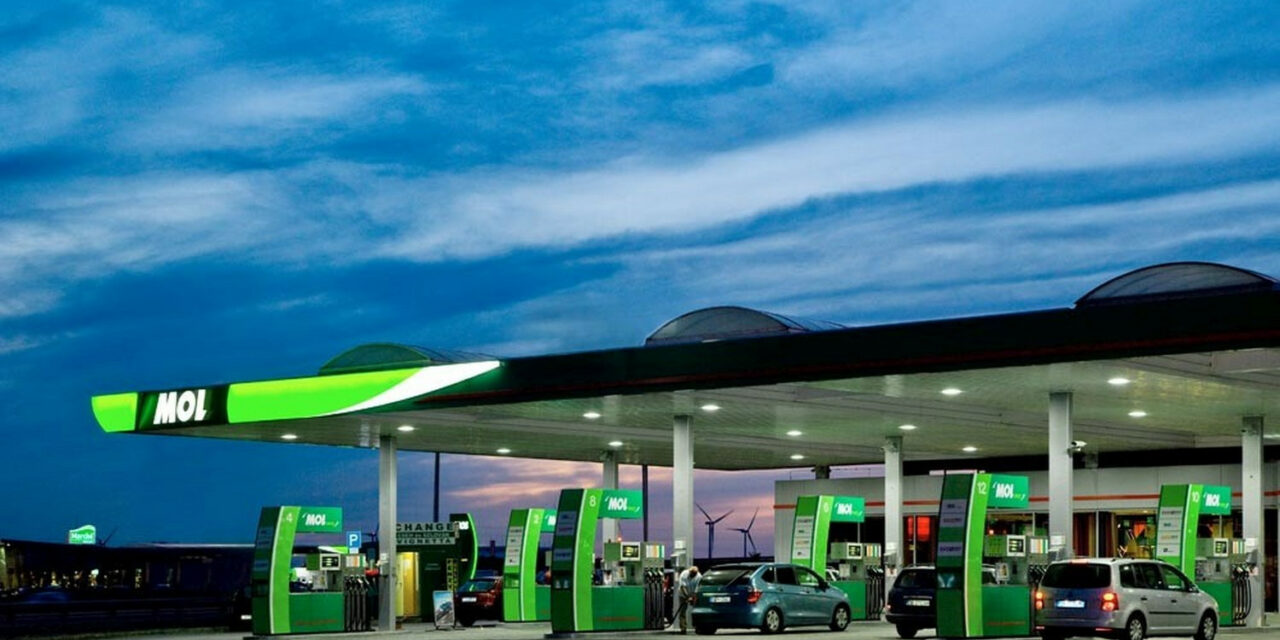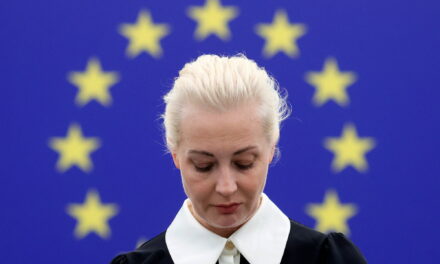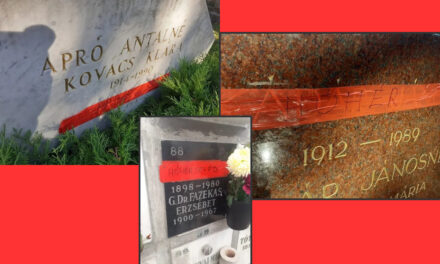The start of the tourist season also contributed to the decision, in addition to the limited amount of fuel.
According to the president and CEO of the Mol Group, the refueling restriction introduced at Mol's filling stations from Friday
Across the country with a tank
Zsolt Hernádi said at the Friday panel discussion on energy supply issues at the Rákóczi Free University in Sátoraljaújhely that the effects of the war in Ukraine, the disruption of the supply-demand balance and the price control decree in Hungary also contributed to this situation, and the company did not want to create a situation where there would really be such a shortage of fuel. in a particular region or country, which would cause confusion
or it would mean total vulnerability for the population.
"Our responsibility is to ensure that the molecule is there, and certain restrictions must be introduced from time to time, this is one such restriction," said Zsolt Hernádi, noting that you can travel through Hungary with fifty liters of fuel in an average passenger car.
According to the company's statement, from Friday at Mol filling stations, vehicles can be refueled with a maximum of 50 liters of fuel at a time instead of the previous 100 liters.
Mol has limited quantities available
The president and CEO reminded that, according to experience, public demand for fuel increases due to the summer tourist season, and Mol has limited available quantities of these fuels - partly due to technical reasons. He pointed out that after a planned major maintenance in Austria, the OMV oil refinery in Schwechat could not be restarted, and with the stoppage expected to last for a few more weeks, a significant amount of fuel disappeared from the Central European market.
Regarding the fuel price regulation in Hungary, he explained that this measure was created to protect the population, so that the price shock on the energy market does not "cover" the people living here overnight, but has some sort of lingering effect.
Speaking about the situation of domestic energy supply, Zsolt Hernádi said,
ninety percent of the raw material requirements of Hungarian refineries are covered by imported crude oil,
domestic and several Central European refineries were also designed to process Russian crude oil. Although Mol's refinery is capable of processing non-Russian crude oil up to 35 percent of the total amount of raw materials, this is not enough to fully replace Russian Ural oil.
"We need to start experimenting with petroleum mixtures"
Experimentation of crude oil mixtures must be started, but this requires costly investments in refineries, not to mention the reduction in performance caused in the Hungarian and Slovak refinery systems, which could lead to serious problems with the supply of finished products, indicated the CEO of the oil company.
Zsolt Hernádi emphasized that the sanctions on Russian oil would cause confusion not only in the supply of crude oil, but also in the market of crude oil derivatives. Russian imports account for ten percent of the entire European diesel market: such a quantity would not be able to enter Europe after next February, and the missing part must be procured and somehow delivered to European users,
and that will be a problem
he indicated.
Mol's refinery in Szazhalombatta is operating and working at full capacity using Russian crude oil. In the event of a stoppage of production, the company has enough diesel fuel and approximately the same amount of crude oil in its strategic reserve for 45 days, he explained.
(MTI)
Featured image: portfolio.hu












